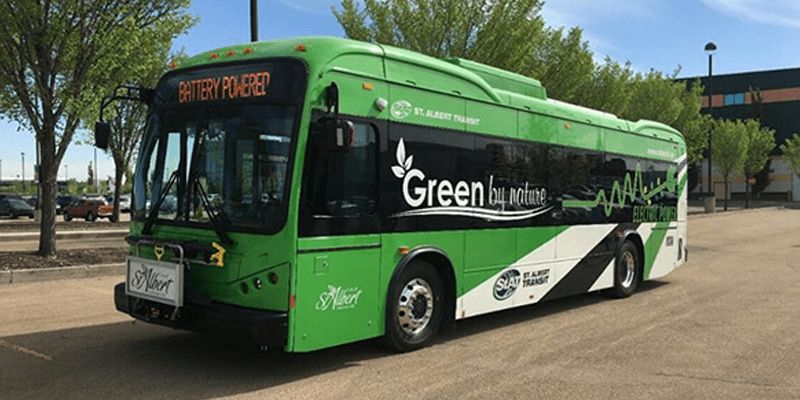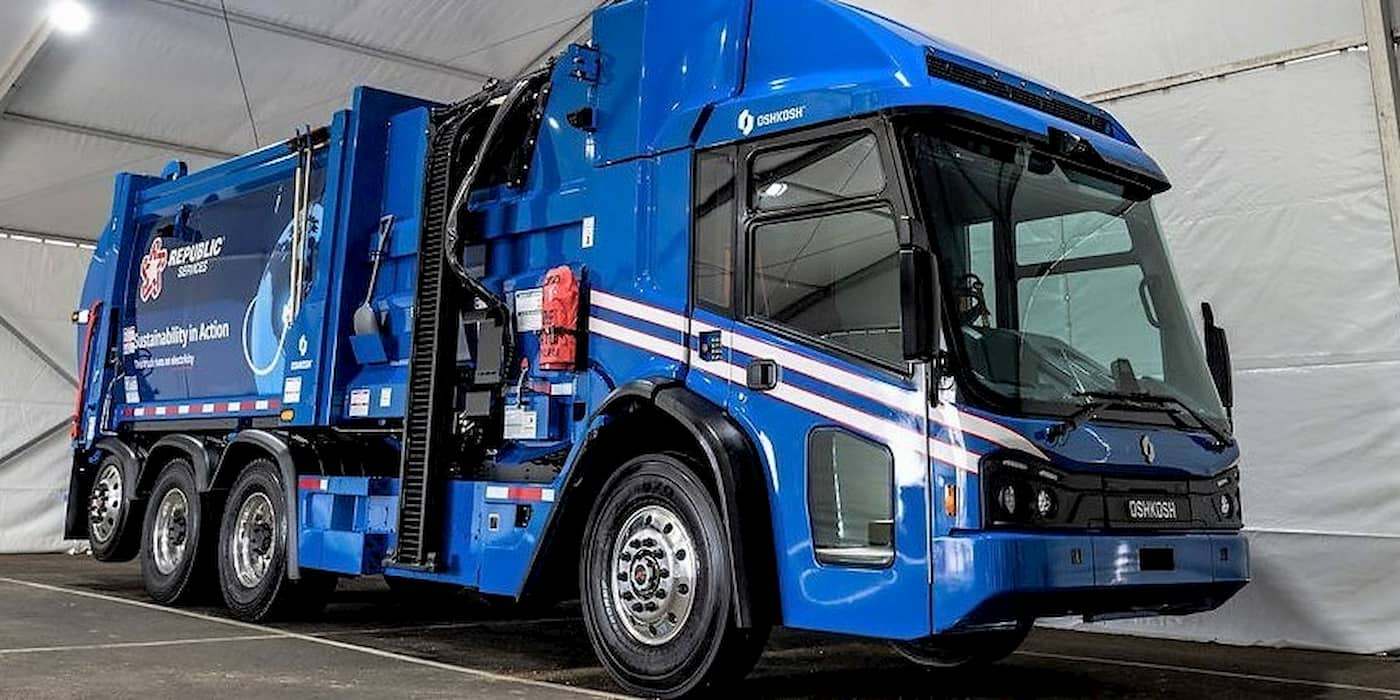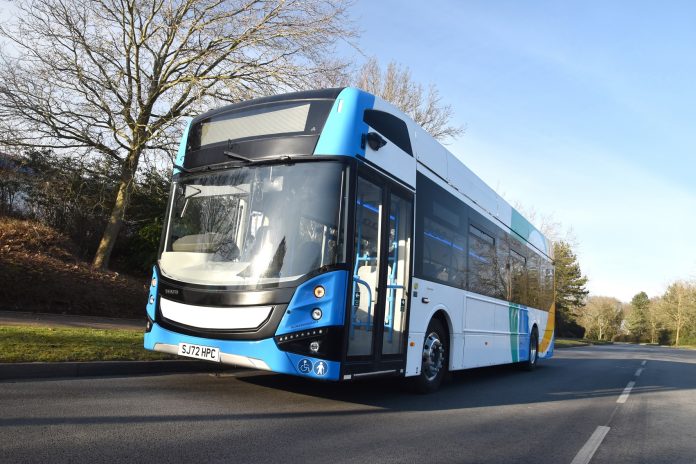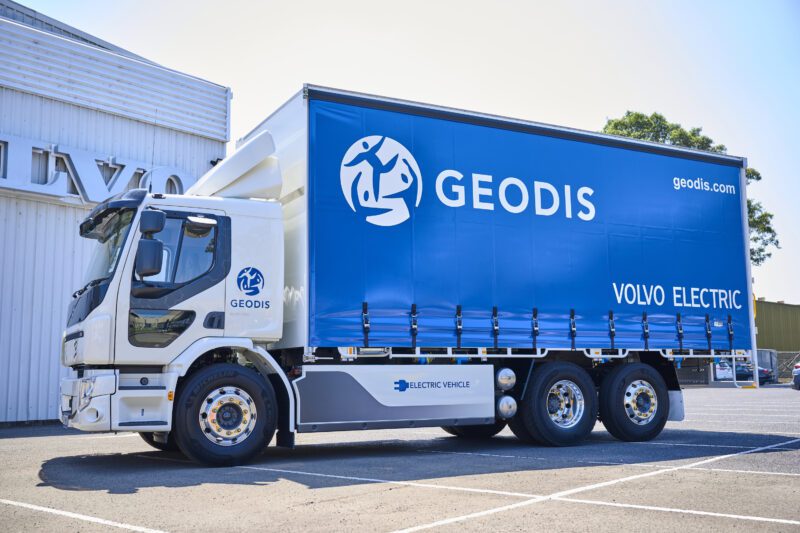In the world of modern-day automobiles, the way companies address issues with their vehicles has evolved. Tesla, one of the pioneers of the electric vehicle industry, has been at the forefront of this revolution. Tesla has demonstrated time and again that it can fix most of its vehicle issues with over-the-air software updates that can be downloaded directly to a vehicle with an internet connection. Despite this, the term “recall” continues to be used to describe such fixes, causing confusion and negative connotations among consumers.
Tesla has long argued that its software updates should not be referred to as “recalls.” The term “recall” typically connotes something physical is wrong with the vehicle, requiring a technician’s physical repair. However, Tesla has used software updates to fix a wide range of issues, including windshield defrosting, backup camera delays, and even the Full Self-Driving Beta program’s rolling stops. In 2022, Tesla fixed twelve of its nineteen recalls with software updates, while only six required physical repairs, affecting just over 31,400 vehicles. The final recall affected only a single Model X vehicle.
In September 2022, Elon Musk criticized the definition of a “recall,” calling it “outdated and inaccurate.” However, the National Highway Traffic Safety Administration (NHTSA) maintains that anything requiring a repair, including a software update, is technically a recall. On February 16, 2023, Tesla issued a recall for 362,000 vehicles due to issues with the Full Self-Driving Beta suite, which could cause unsafe driving behaviors around intersections.
As more companies adopt over-the-air software updates to fix vehicle issues, it’s clear that the current definition of a “recall” needs to be updated. The terminology causes confusion among consumers, who may not understand the nature of the issue or the solution. “Seems like there should be terminology introduced to differentiate between recalls and software updates,” said Sam Korvus of ARK Invest. “Because you know, one requires something to be recalled and the other doesn’t.”
Musk agrees with this sentiment, stating that the term “recall” is anachronistic and flat-out wrong for over-the-air software updates.
Definitely. The word “recall” for an over-the-air software update is anachronistic and just flat wrong!
— Elon Musk (@elonmusk) February 16, 2023
Ford has also issued over-the-air software fixes, remedying nearly 49,000 Ford Mustang Mach-E units due to a high-voltage main battery contactor malfunction. The need for updated terminology is not limited to Tesla but is relevant to all automakers in the industry.
Despite this, the NHTSA has been reluctant to budge on the idea of updating the definition of a “recall.” However, with the continued adoption of over-the-air software updates and increasing pressure from consumers and industry experts, it’s only a matter of time before a new terminology is introduced that better describes software updates’ nature and benefits.







